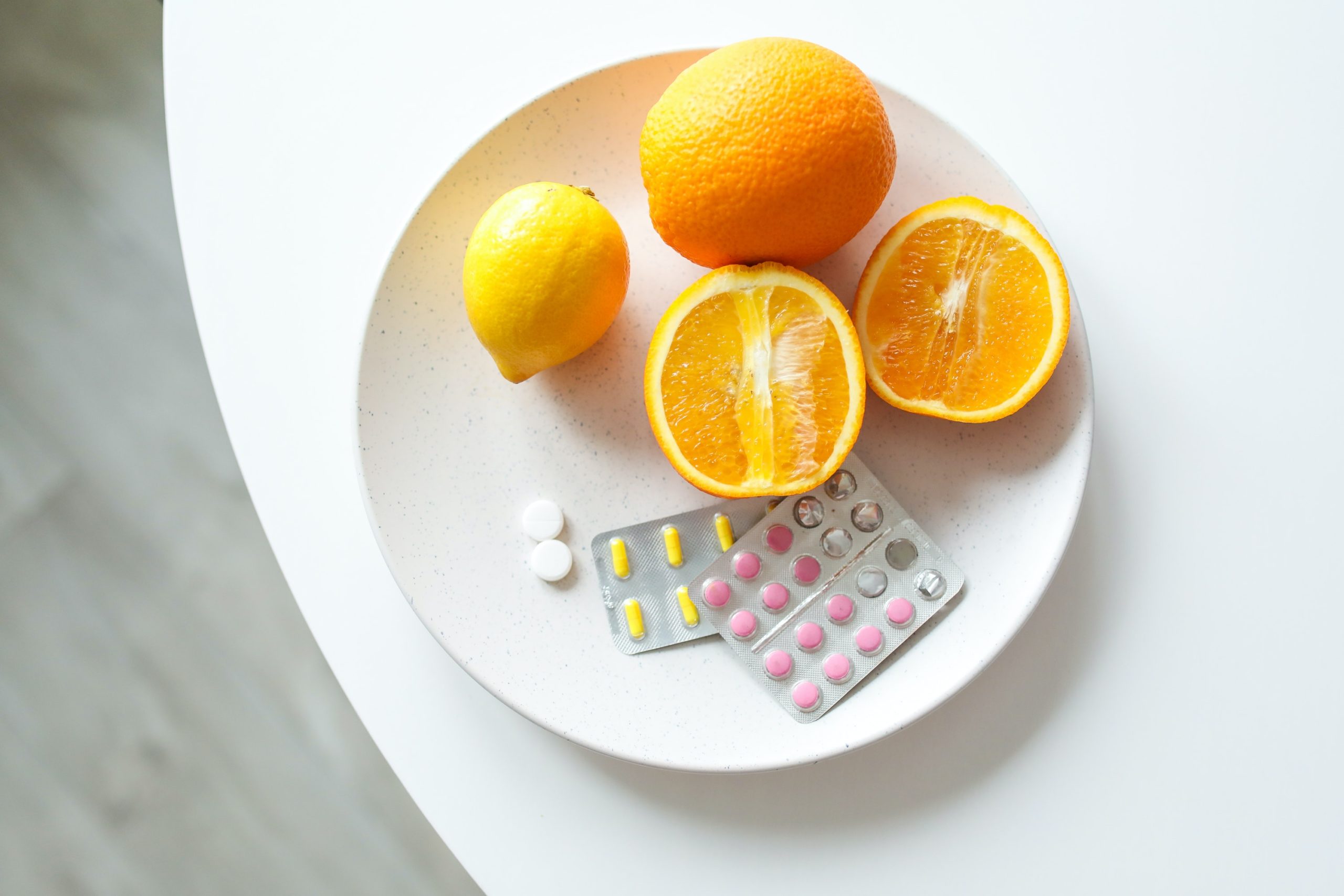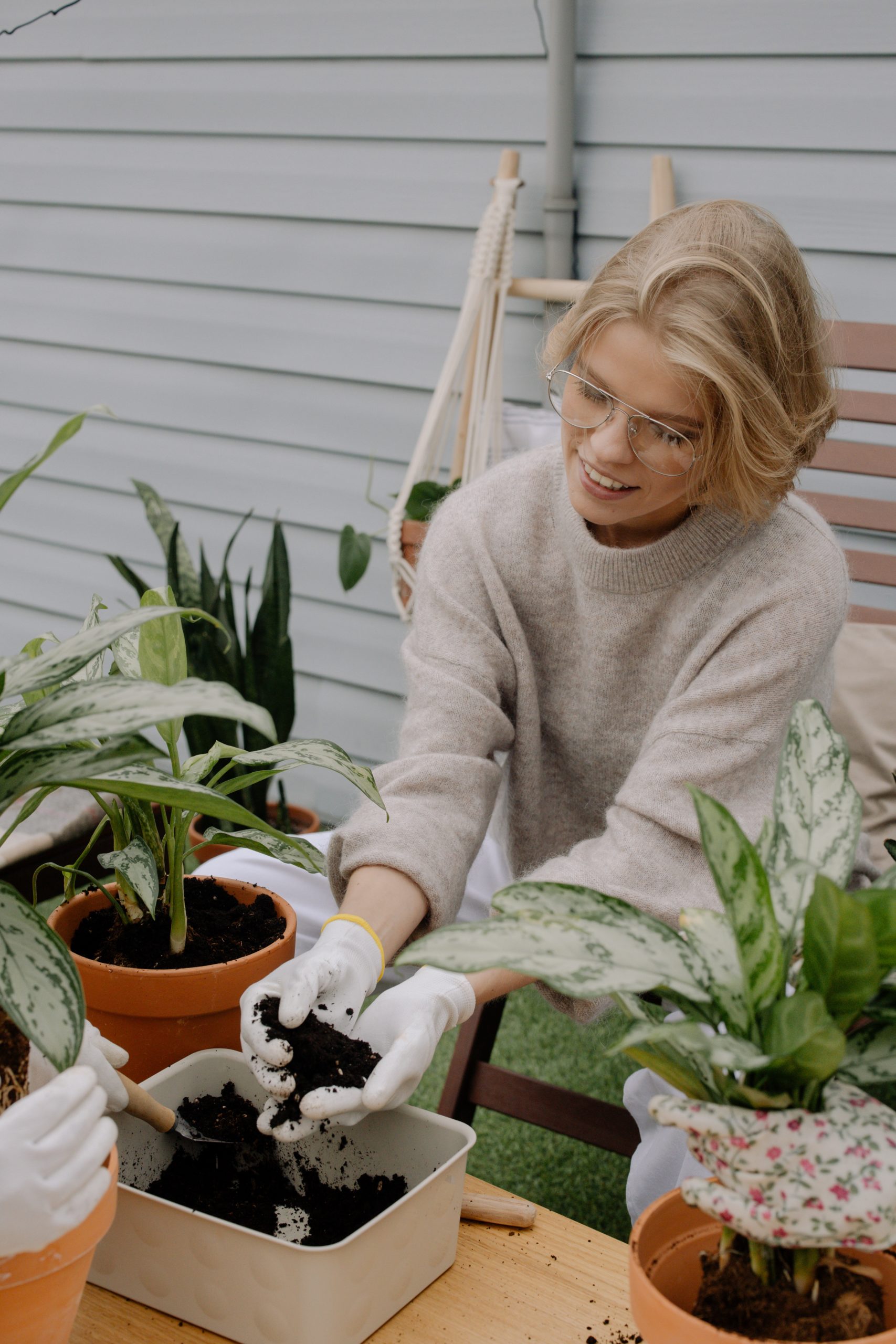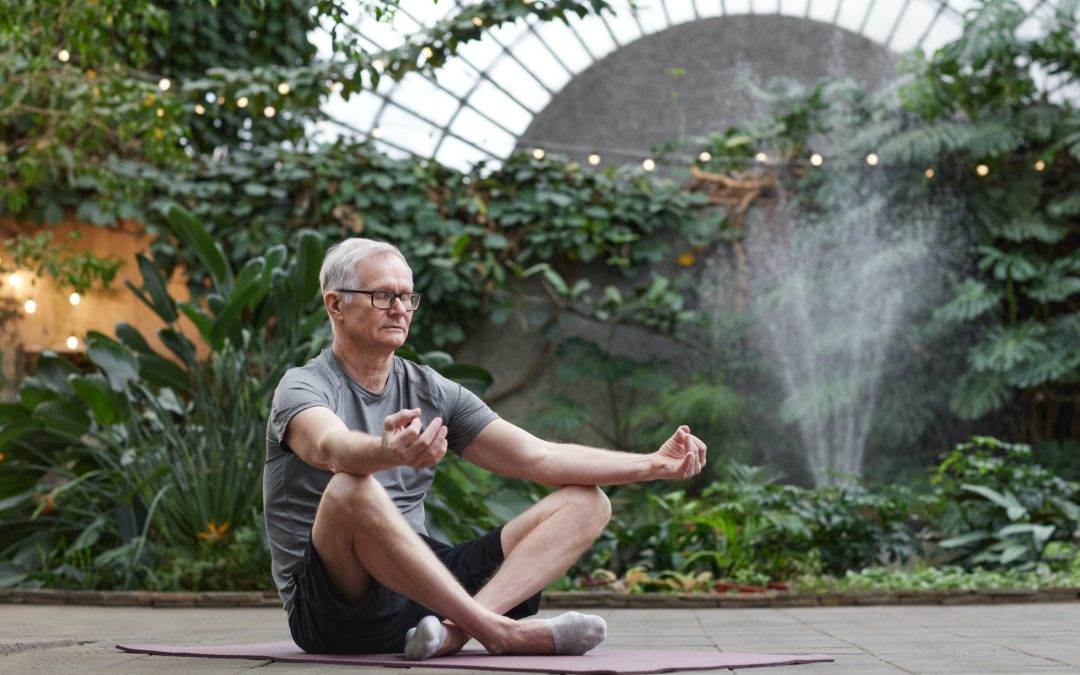
As we enter year three of the pandemic, health anxiety is still at an all-time high. This, despite the fact that we’re slowly easing our way back into life. Schools have opened, many have returned to office, and social events and gatherings are in full swing again.
Besides wearing a mask, sanitizing our hands regularly, and getting vaccinated, what else can we do to protect ourselves from COVID-19 and all forms of viruses?
It’s simple, we can learn a tip or two (or all of them) from the people who rarely or never get sick. You know, those people. They survive flu season without a sniffle. They stockpile sick leaves. They visit their doctors, only for their annual check-ups. But contrary to what most people think, they weren’t born with a strong immune system, nor do they possess super powers.
With a little bit of common sense, discipline, and an overall zest for life, you can steal their secrets, and be super-healthy yourself.

- They get enough sleep.
There’s a reason why this was placed number one on this list. Consistently, if you look at the wealth of articles online, and advice from medical practitioners, this is the first thing that comes out.
Even actress and singer Jennifer Lopez swear by it. “Sleep is my weapon. I try to get eight hours a night. I think what works best is sleep, water – and a good cleanser,” she once said in an interview.
Most adults need 7 to 9 hours. Anything less than that can make us susceptible to catching a cold when exposed to a virus, and can also affect how fast we recover from sickness.
Getting enough sleep is key to strengthening your immune system. Researchers have found that sound sleep improves immune cells such as T cells known to protect against viruses. And if you do get sick, the strong T cells can help you recover faster.
- They move a lot.
From WebMD: “Exercise is the single most important thing you can do to reduce sick days,” says David Nieman, DrPH, director of the Human Performance Lab at Appalachian State University.
Exercise benefits us in many ways, including clearing bacteria out of the airways, increasing blood flow, reducing inflammation, and reducing stress.
This doesn’t necessarily mean signing up for an expensive gym membership. You can get moving by simply walking for 30 minutes at least 3 times a week. By staying active, you reap several health benefits (such as keeping a trim body) but most importantly, as the super-healthy can attest, strengthen your immune system.
This can prove tricky for people on a work-from-home setup, so you really need to incorporate exercise in your schedule, be it waking up early in the morning before you have your cup of coffee.

3. They drink tea.
Speaking of coffee, here’s a drink you should make a habit of drinking too. Studies have shown it may offer more health benefits than coffee. Tea, specifically green tea, has been linked to a slew of benefits. But the super-healthy take tea for its high level of antioxidants, also called flavonoids. A cup of green tea contains around 25 mg to 86 mg of antioxidants per serving. To reap the optimal health benefits, drinking around 3 to 5 cups of green tea a day is recommended.
If you prefer coffee for awakening your senses and starting your day, here’s good news. Green tea contains caffeine too, albeit in smaller amounts. Also, compared to coffee, green tea can supply you with a smoother stream of energy without the jitters, because of L-theanine, a plant compound that has a calming effect.
- They have more sex.
Besides releasing the love hormone, or oxytocin, having sex has a healthy effect on the immune system. Specifically, a significant increase of the immune system protein immunoglobulin A (IgA). Researchers at Wilkes University in Pennsylvania found that college students who get it once or twice a week had a higher level of IgA compared to those who didn’t.
Similarly, this study found that those who were active sexually had lower risk of contracting COVID-19, compared to those who have less sex.

- They take Vitamin C and zinc.
The super-healthy don’t just stock up and take vitamins during the cold and flu season. They take it all year long, especially Vitamin C and zinc.
Vitamin C is so important that registered dietitian, Julia Zampano, RD, LD, recommends you take it daily. A lot of foods are rich in Vitamin C, such as oranges, grapefruits, bell peppers, and spinach. But since it’s hard to track our food intake, it won’t hurt to take vitamin C as a supplement everyday.
Vitamin C won’t prevent you from getting a cold, but it will help you bounce back from a cold faster. Zinc, on the other hand, is effective in fighting off infections. This mineral is so essential that pediatricians tell mothers with newborn babies to make sure their babies are consuming enough zinc.
For more information about supplements you can take to enhance your immune system, READ THIS STORY: Best Supplements to Optimize Your Immune System.
- They watch their sugar intake.
Studies have shown a spike in sugar levels can suppress the immune system. You know how your body needs certain cells to fight infection? High sugar levels affect the ability of the white blood cells, also known as killer cells, to detect and destroy bad bacteria. To build a stronger immune system, avoid or consume these in moderation: soda, processed foods, food and drinks high in sugar, alcoholic beverages, and refined carbohydrates.
If you have a case of the sweet tooth, consider taking a smaller piece of cake, or find healthier sweet replacements, such as dark chocolate, or fruits.
- They manage their stress.
Stress has been proven to affect the immune system. Studies show that people who are exposed to stress consistently and frequently are more susceptible to viruses and infections. Chronic stress causes the brain to produce high amounts of the hormone “cortisol,” which impairs the effectiveness of the infection-fighting T cells.
Unfortunately, stress can never be expunged nor avoided. The trick is to manage stress, or controlling your response to stressors. The “how” is entirely up to your taste and preferences. It can be exercising, dancing, aromatherapy, journaling, or meditating.

- They spend time in nature.
Studies have shown that green and open spaces reduce and boost mental and physical health, and help keep viruses at bay. In a study among children in Finland, they found that transforming play areas into mini-forests improved the children’s immune systems within a month.
- They practice gratitude.
Higher levels of gratitude and wellbeing have been linked and explored in several studies. But this is one tip on this list (as well as the 10th one) that need not to be scrutinized scientifically.
People who take time to appreciate the little things, and to reflect on life’s blessings are happier and healthier. Having a positive, grateful disposition brings out sunny vibes that reduce stress and improve one’s well being.
If you don’t practice daily gratitude yet, here’s what you can do.
- Each day think of 3 things you’re grateful for.
- Write them down in your gratitude journal.
- When a person does you a kindness, thank them sincerely.
- Show your appreciation to the important people in your life. It doesn’t need to be a grand gesture. It can be simple as a text thanking him or her.

- They stay positive.
“Look on the bright side of life.”
Call it cliche, but the power of positive thinking cannot be overemphasized. Not only will you reduce stress by eliminating negative talk, but also have the resistance to fight the common cold.
In a study that appeared at Psychosomatic Medicine Journal, the researchers found that people who were energetic, happy, and relaxed were less likely to catch a cold than people who were depressed, nervous and angry. Further, people who really weren’t sick were likely to imagine that they were sick, when they’re sad or angry.
As well, having a sunny disposition leads to healthier lifestyle habits. Health and happiness truly come together.
The bottom line
As you can see, there’s nothing new or extraordinary with any of the tips listed here. Want to know the real secret? The real secret lies in having a happy disposition, and actually following through with these health habits, day after day. And not only when we feel a sniffle coming on.
Follow these tips, stop smoking, drink alcohol in moderation, and you’re on your way to being super healthy yourself.
Tags
References:
https://www.cnet.com/health/nutrition/sugar-can-lower-your-immune-system
https://www.webmd.com/cold-and-flu/features/secrets-super-healthy-people
https://www.health.com/condition/infectious-diseases/secrets-of-people-who-never-get-sick
https://www.healthline.com/health/cold-flu/cold-flu-secrets#3.-Keep-moving-



0 Comments
Trackbacks/Pingbacks